"It's impossible to separate sports from politics, and the current situation in Syria isn't encouraging at any level, let alone in sports."
The speaker is Maha Janoud, a former player and current Syrian football coach. While Janoud's name might not ring familiar to global football fans, she is a true pioneer who made significant history in Syria and the Middle East.
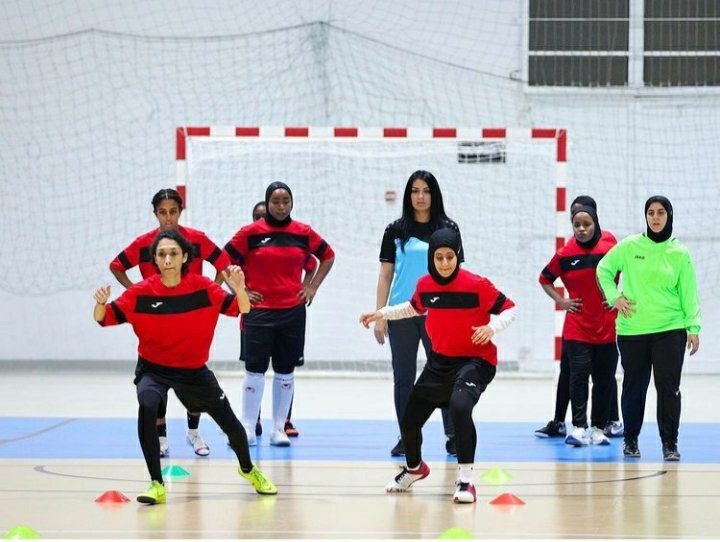
Working with Omani girls to create better future for Middle Eastern women, through football. Janoud in Oman (Photo courtesy: Omani Football Association)
At the start of the millennium, Janoud was part of the Syrian national team as a player and shared in the Syrian women's peak achievement when they finished third in the West Asian Championship in 2005. During her playing career, Janoud completed coaching courses, and after retirement, she began coaching.
In 2018, she gained global attention when she made history by becoming the first woman ever in the Middle East to coach a men's football team, joining the coaching staff of Al-Muhafaza club, then in Syria's top league. "It was one of my greatest achievements," Janoud tells BabaGol in a special interview. "Al-Muhafaza club supported me tremendously, and despite considerable criticism and questions from the outside, the club remained very positive. It was a wonderful experience."
Really impressed with Maha Janoud’s story. A woman becomes an assistant coach in a men’s team in Syrian Premier League 🇸🇾
— BabaGol (@BabaGol_) August 29, 2018
This talented AFC women coaches generation has a lot to offer and to change in this world, aren’t they? @moyadodd @katkhosrowyar pic.twitter.com/6bWsyUq1A6
Janoud became a symbol. During that period, Assad's Syria made international headlines through football when the men's national team unexpectedly qualified for the Asian World Cup qualifying playoffs. Janoud's story, which served as an international example of the supposed women's empowerment in Syria at the time, also made waves.
But not all that glitters is gold. "There was massive corruption then. All sports facilities were essentially private farms for the personal benefit of those close [to the regime]."
Today, about a month since the fall of the dictator who, along with his father, ruled Syria for about 53 years, Janoud reveals the less attractive aspects of Syrian football under Assad. "Athletes were merely tools, victims of the greed and exploitation of those beneficiaries. Personally, I, who was marketed to the world as a 'Syrian success story,' was the biggest victim during that period," she confesses.
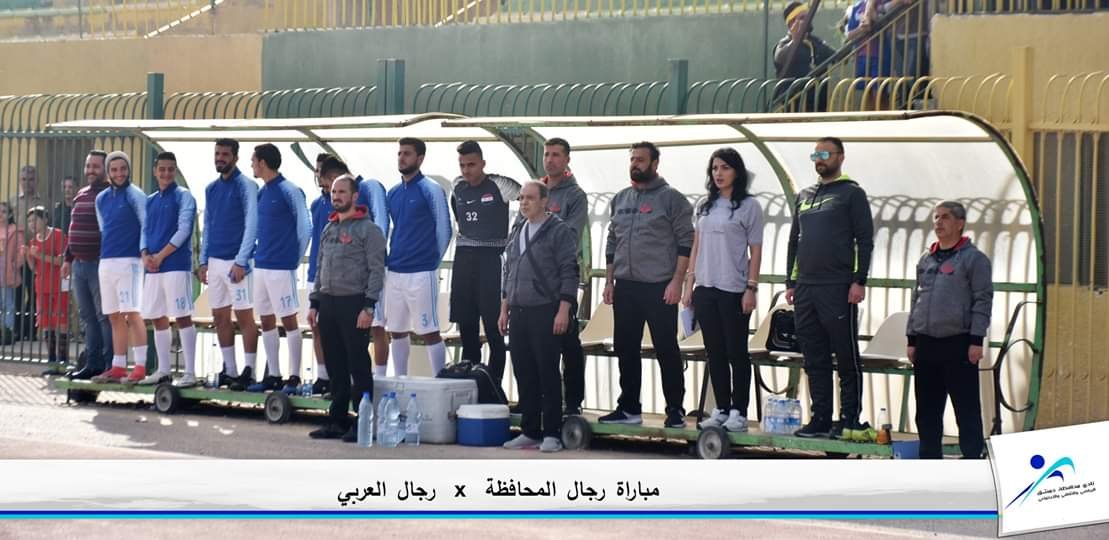
Middle Eastern history. Janoud (third on the right), on Al-Muhafaza’s bench for a league match. (Photo courtesy: screenshot)
After the period at Al-Muhafaza, which was relegated to the second division in 2019, Janoud left Syria. The social challenges, political instability, and the realization that some had used her status as a woman to glorify Assad's regime globally pushed her out of the country.
Nevertheless, she continued her journey in Middle Eastern football, becoming one of the region's most influential and powerful figures. She was part of FIFA's women's football development project and served four years on the Asian Football Confederation's Women's Football Council. Additionally, she worked as head of women's football at the Oman Football Association, where she established infrastructure and programs for developing female football talent in a way that opened doors for thousands of new female athletes, coaches, and referees from the region.
Janoud's achievements and influence became renowned in Asian football, gaining recognition worldwide. Her latest role was as a coach at the academy of Iceland's leading club, Breiðablik.
Despite her personal achievements and the great winds of change following the fall of Assad's regime, Janoud isn't optimistic about the situation in Syria. "If the new government doesn't hold people accountable for that period, we won't gain anything. Everyone who held a position of power in Syria should be questioned about the source of their wealth. State funds must return to the state, and the many athletes, who were merely tools, deserve justice. It was so ugly and revolting that I don't even like to remember it."
In the past month, Syria has transformed. The transitional government led by Ahmed al-Shar’a, al-Julani, speaks "Western" while relying on a fundamentalist Islamic base. How will this affect Syrian sports and football? How will it impact Syria and society, including unique figures like Janoud? "Nothing is clear yet about the new era. We'll need time to understand their (the new regime's) way of thinking and what strategy they'll present," she says. However, Janoud isn't optimistic in the immediate term.
"I doubt there will be a clear declaration [from the transitional government] amid all this chaos. All we have left is to live in hope that the future will be better."
Nigeria fell to DR Congo on penalties and missed another World Cup, exposing deep structural issues holding back the once-mighty Super Eagles.
Ireland and other European FAs are joining efforts to push UEFA to suspend Israel over settlement clubs and racism allegations.
A dramatic 107th-minute penalty sends Iraq to the intercontinental playoff—now just one game from a first World Cup since 1986.
Nigeria fell to DR Congo on penalties and missed another World Cup, exposing deep structural issues holding back the once-mighty Super Eagles.
Ireland and other European FAs are joining efforts to push UEFA to suspend Israel over settlement clubs and racism allegations.
Aston Villa overcame Maccabi Tel Aviv 2–0 in a Europa League night marked by police protests, fan bans, and off-field political tension.
Maccabi Tel Aviv arrive in Birmingham under political tension, facing Aston Villa without fans in a key Europa League test.
Erling Haaland’s hat-trick powered Norway past Israel 5–0, as protests and tension surrounded the World Cup qualifier in Oslo.
Israel coach Ran Ben Shimon dons a kippa and prays for hostages in an emotional Oslo press conference before facing Norway.
Ahead of Norway–Israel, FA president Lise Klaveness urges respect, transparency, and dialogue, discussing her efforts in bringing change that will see Israel banned from international football.
Tense atmosphere in Oslo ahead of Norway vs. Israel, with protests, politics, and a World Cup dream on the line.
As Israel visits Oslo for a key World Cup qualifier, Norway braces for protests, politics, and a tense weekend on and off the pitch. Uri Levy reports from Oslo.
Despite rising protests and political pressure, Israel’s suspension from UEFA remains improbable due to regulations and key leadership stances.
As soccer surges in Canada, Forge FC and Atlético Ottawa's 1-1 draw highlights CPL's growth.
Despite growing calls amid the Gaza war, UEFA sources stress there’s no legal basis for suspending Israel at this stage.
Despite war, isolation and setbacks, Israeli footballers hit a record in transfers abroad during the summer 2025 window. A market analysis.
Beram Kayal reflects on a remarkable career from Maccabi Haifa to Celtic and Brighton, and his new mission to impact Arab football youth.
After months of war, the Palestinian Football Association may revive league play—if minimum safety, infrastructure, and funding can be secured.
The 2024 Women's AFCON kicked off with Morocco and Zambia drawing 2-2 in Rabat. Nigeria, South Africa, and Ghana headline a thrilling tournament.
Palestinian striker Wessam Abou Ali overcame cardiac collapse and broken ribs to become Club World Cup star, attracting top European clubs.
From dominant wins to political fallout, a look back at the intense football rivalry between Israel and Iran before geopolitics ended it all.
At 37, Bibars Natcho delivers his best season yet. In a BabaGol interview, he opens up on legacy, Israel, Partizan, and what comes next.
Mehdi Taremi grounded in Iran, Ali Karimi slams regime, and regional sports grind to a halt as Israel-Iran war disrupts the Middle East.
In an in-depth interview with BabaGol, Alexi Lalas shares bold takes on the USMNT’s goals, 2026 World Cup impact, and soccer’s identity in America.
A dramatic night in Tel Aviv saw Hapoel Be’er Sheva beat Beitar Jerusalem to win the Israeli Cup, in a final halted by a Red Alert siren.
Eleven groups drawn as 44 teams begin the road to Saudi Arabia 2026. Qualifiers kick off this September across Asia.
From Rabah Madjer to Mohamed Salah, a look at the MENA players who’ve made history in the Champions League — and those ready to add their names.
The draw for the FIFA U-20 World Cup Chile 2025 will be held May 29 in Santiago. 24 nations await their group fate.
CAF reveals six host venues for the 2024 Women’s AFCON in Morocco, marking a record number of stadiums for the competition.
Wuhan Jiangda edge Melbourne City on penalties to claim the inaugural AFC Women’s Champions League title and book FIFA Women’s Champions Cup spot.
Eran Zahavi scores twice in his farewell match as Maccabi Tel Aviv overpower Beitar Jerusalem to secure back-to-back championships.

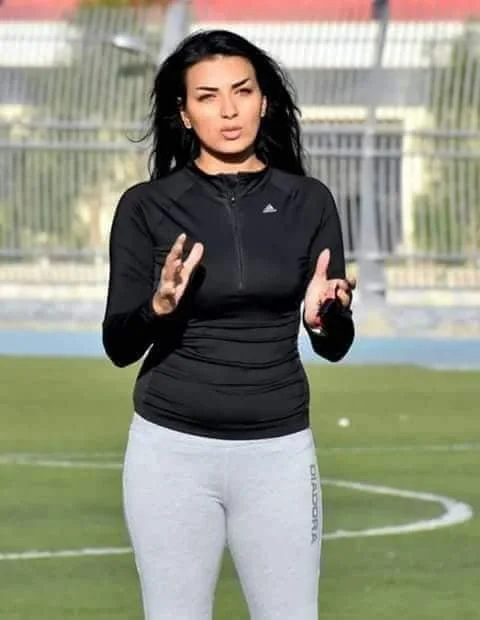

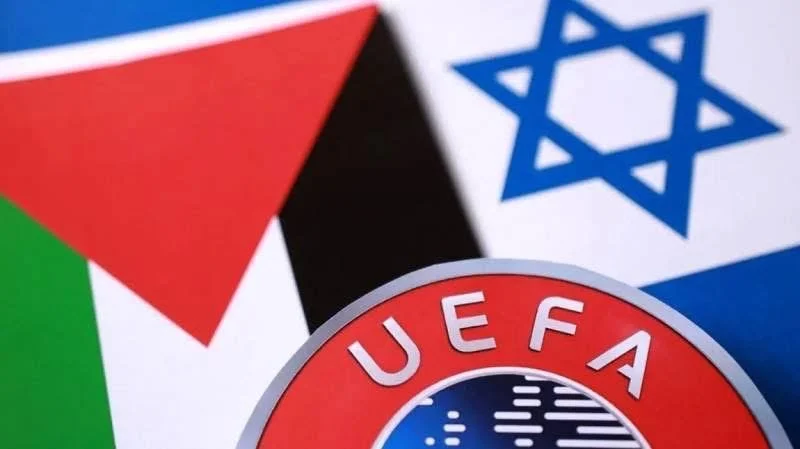





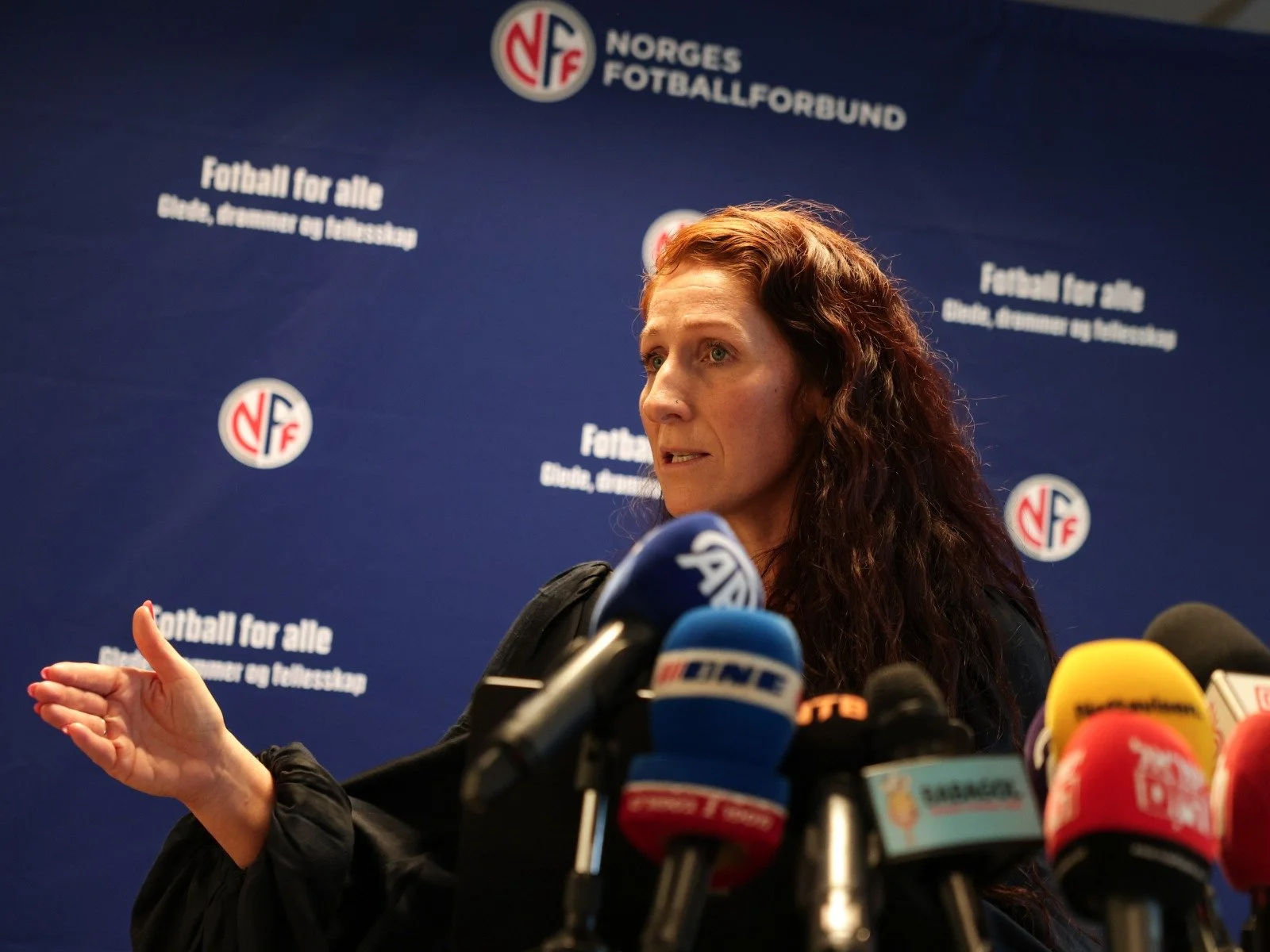
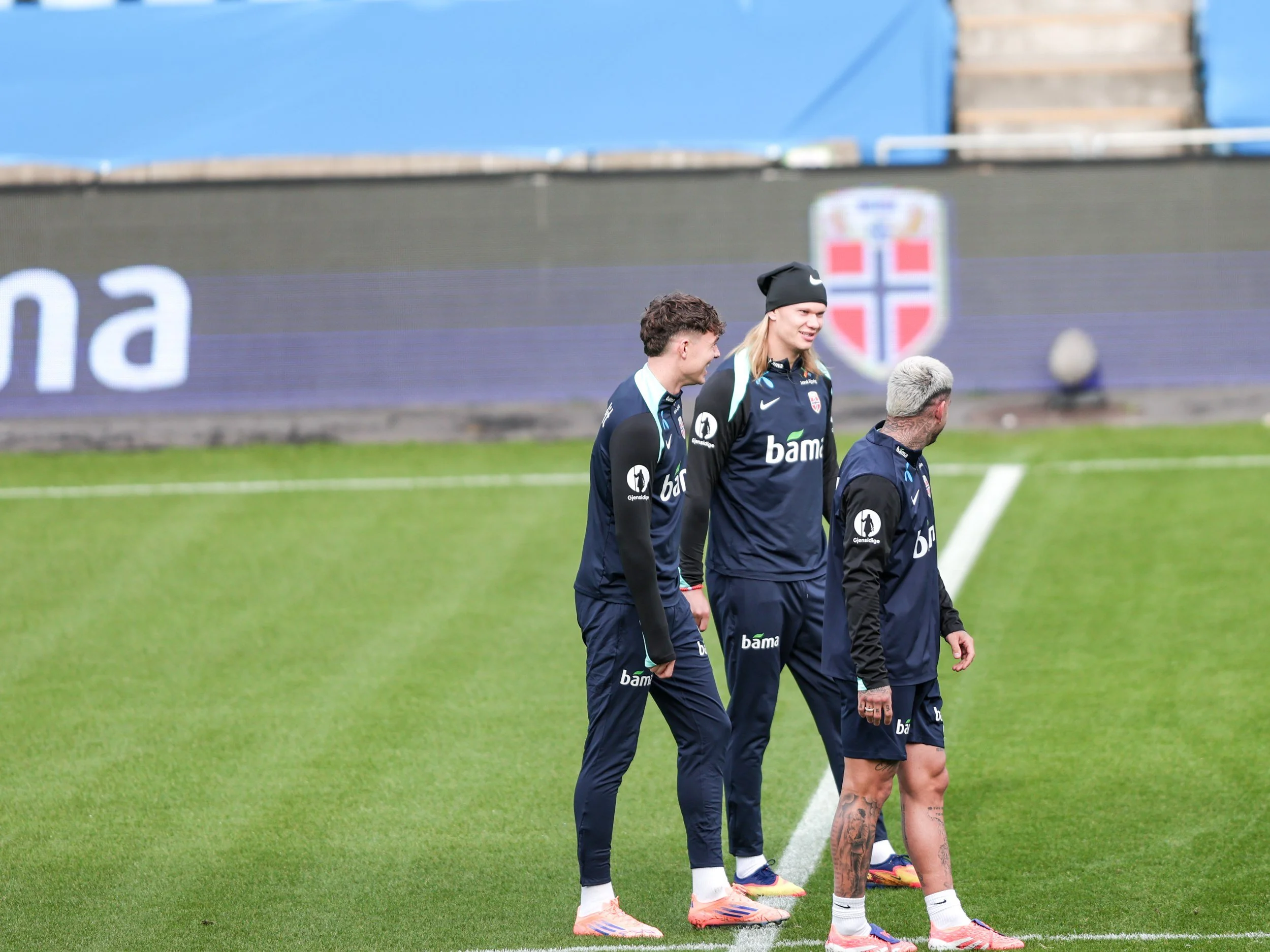
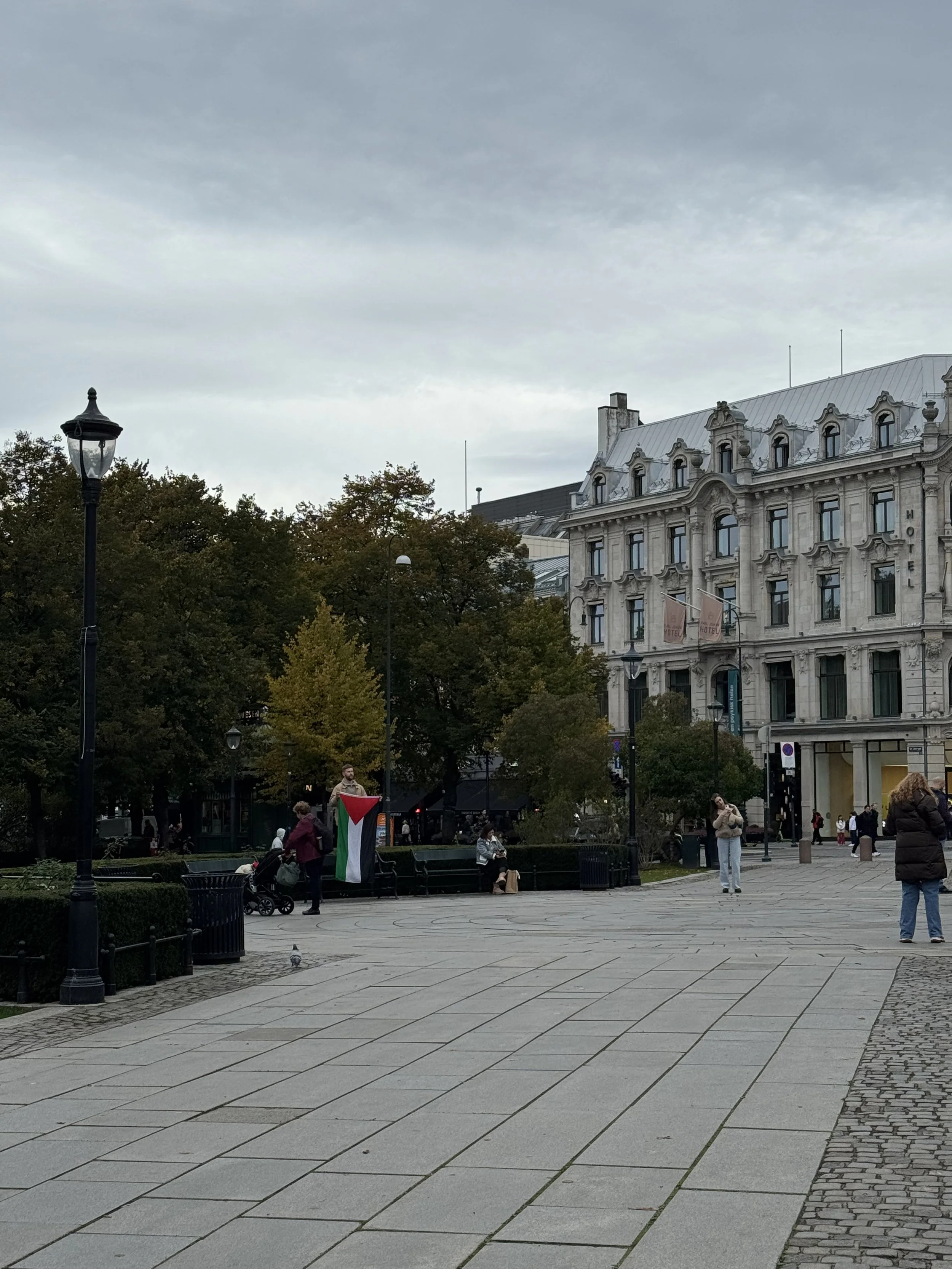
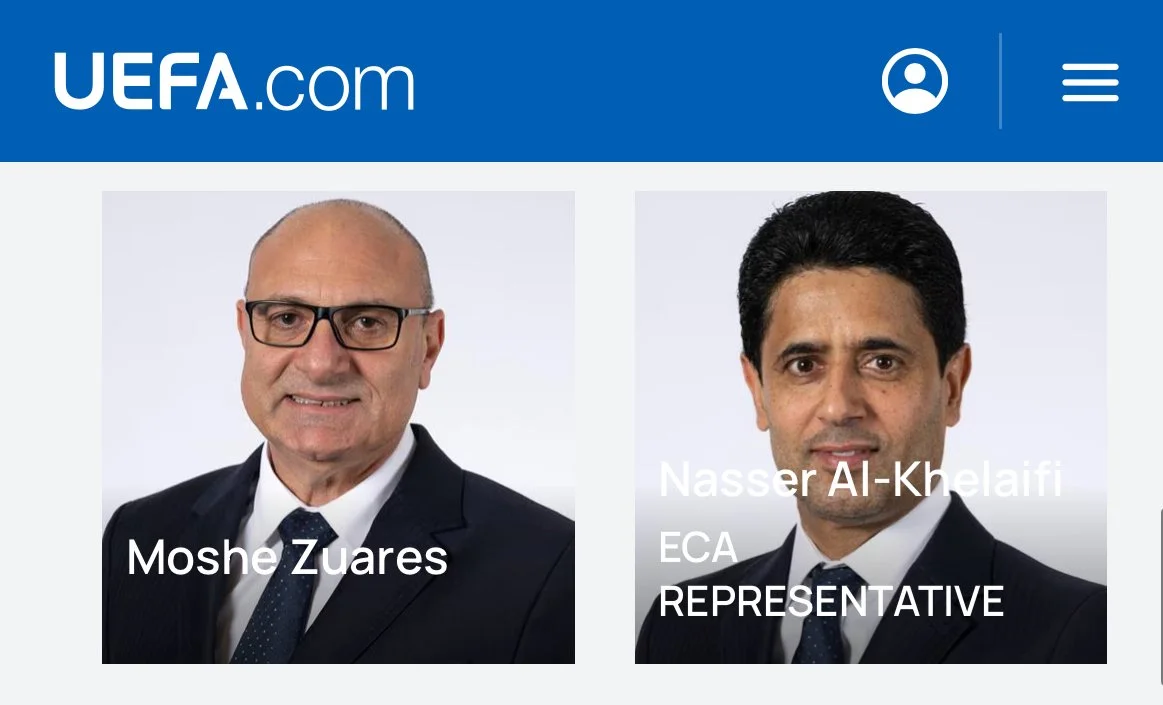

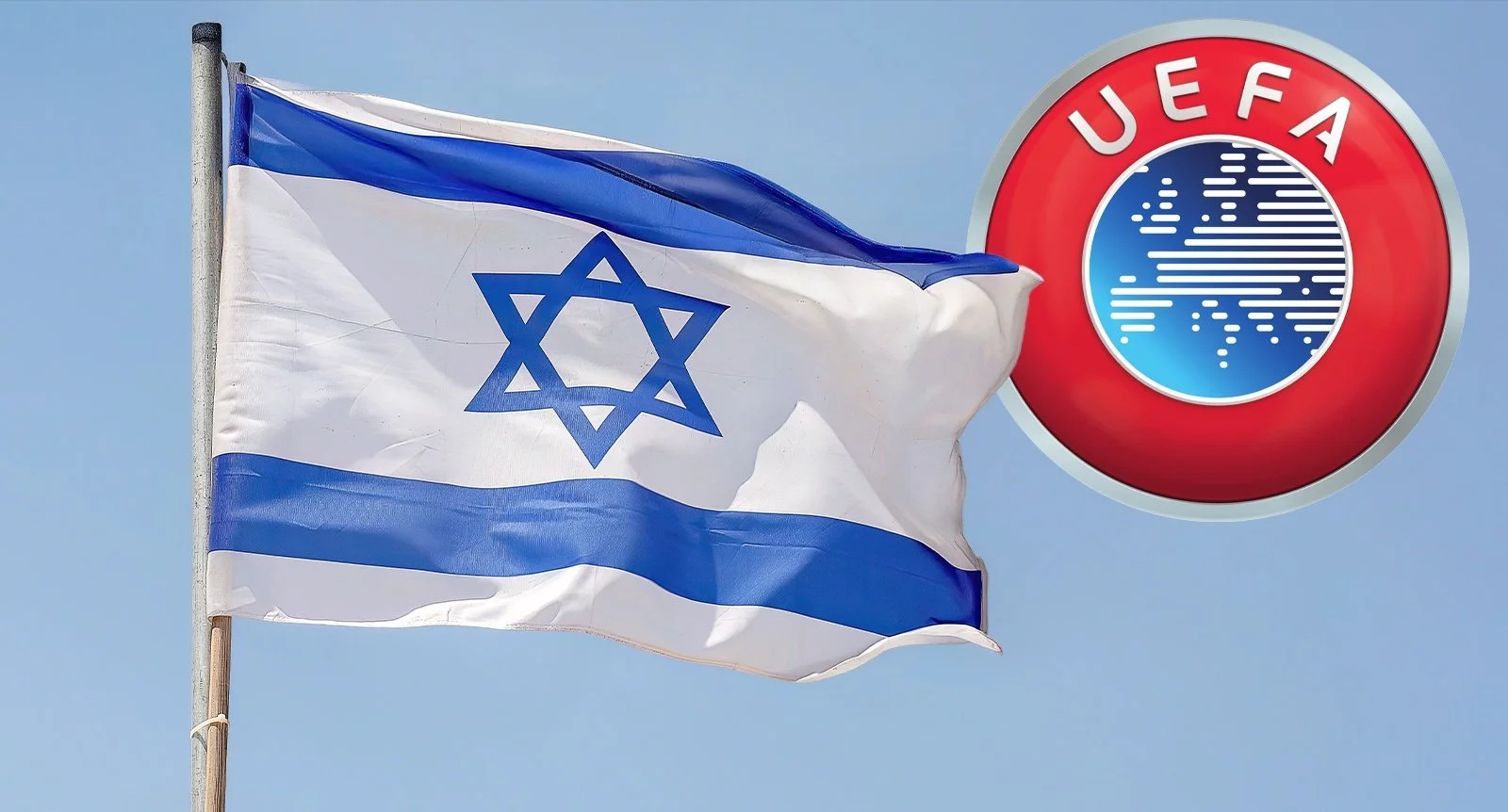


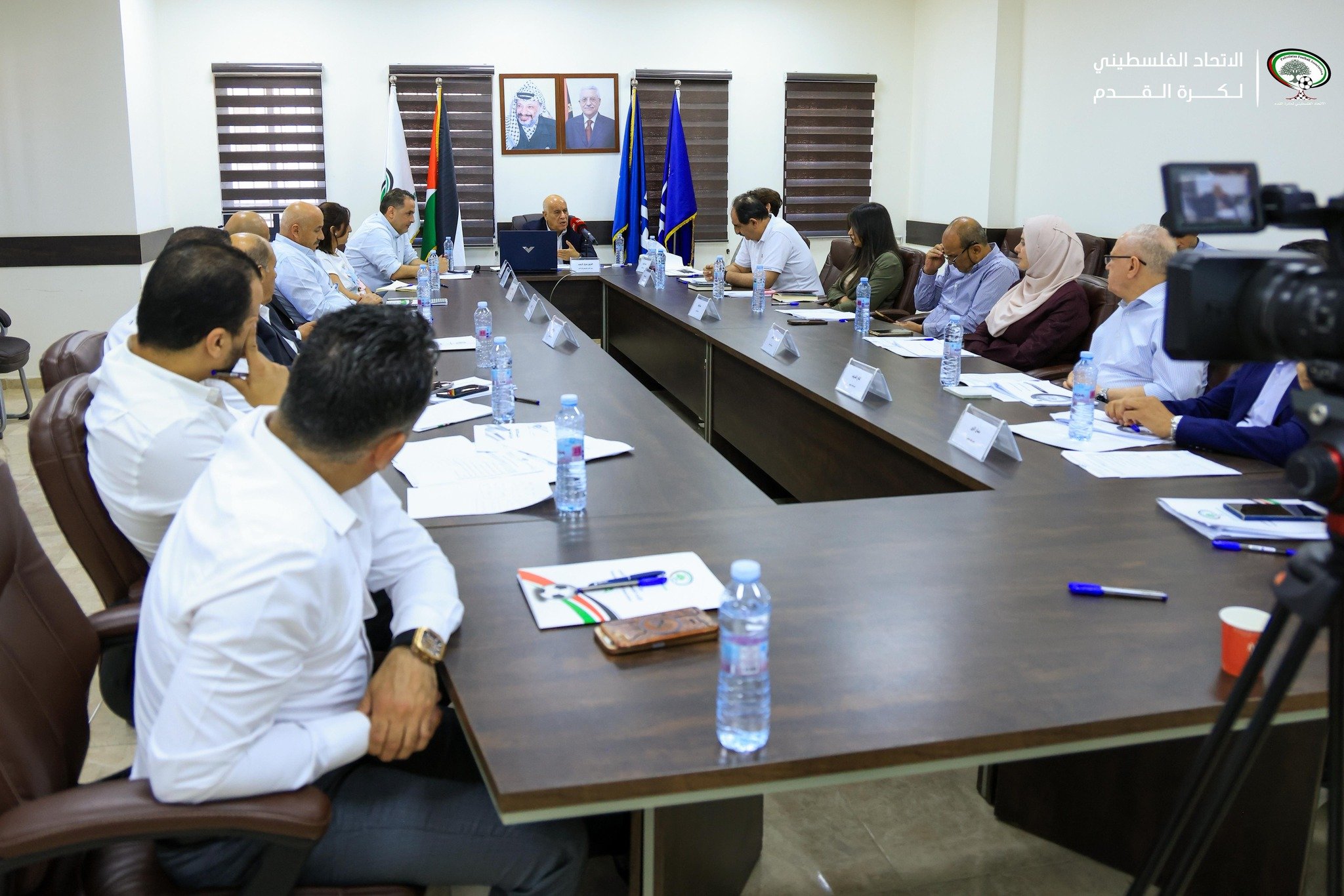
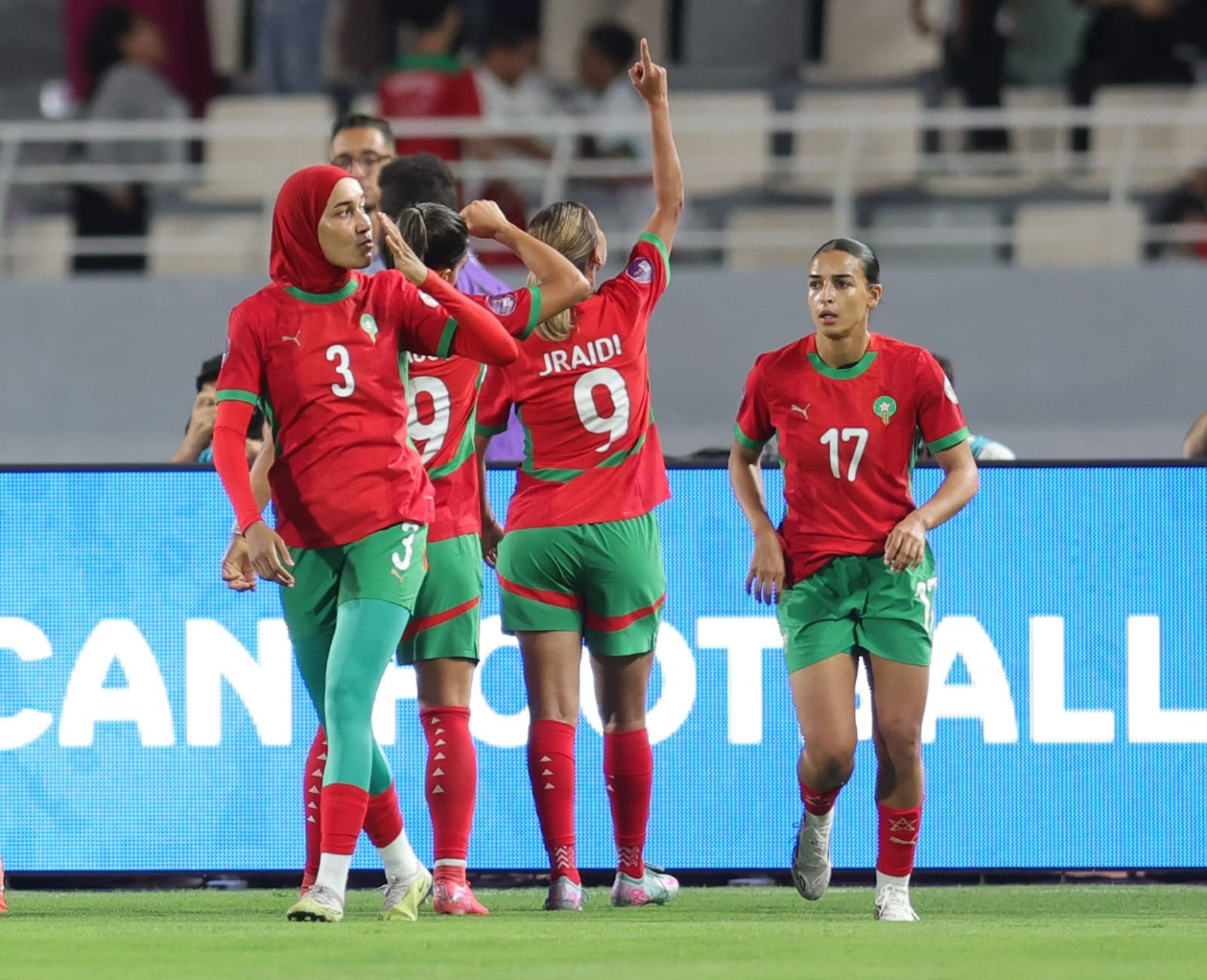



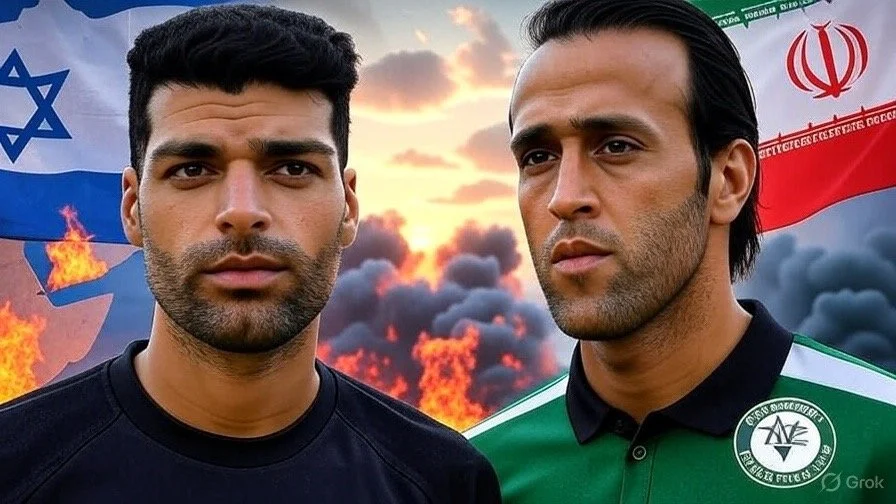









A dramatic 107th-minute penalty sends Iraq to the intercontinental playoff—now just one game from a first World Cup since 1986.